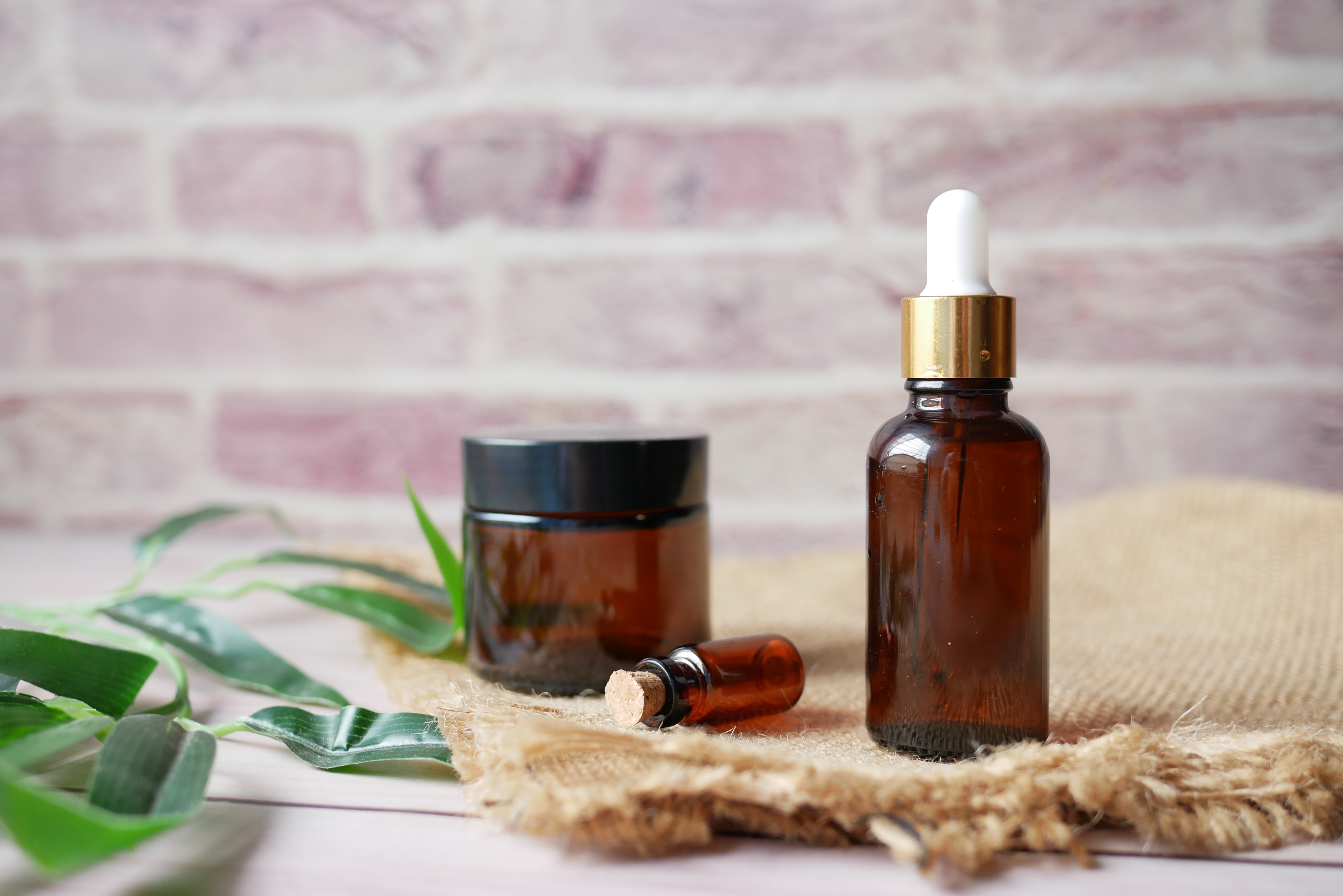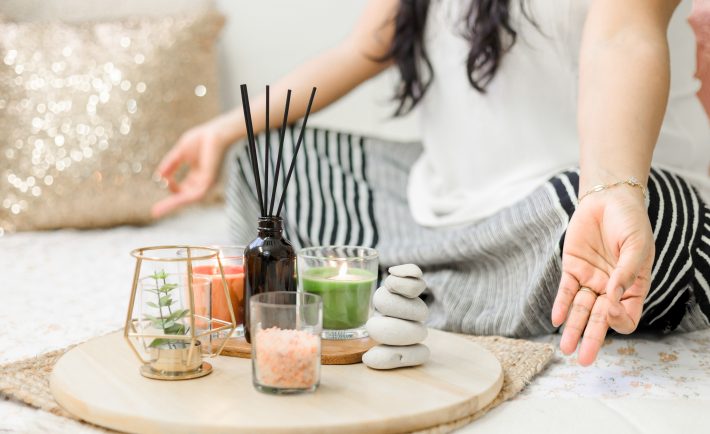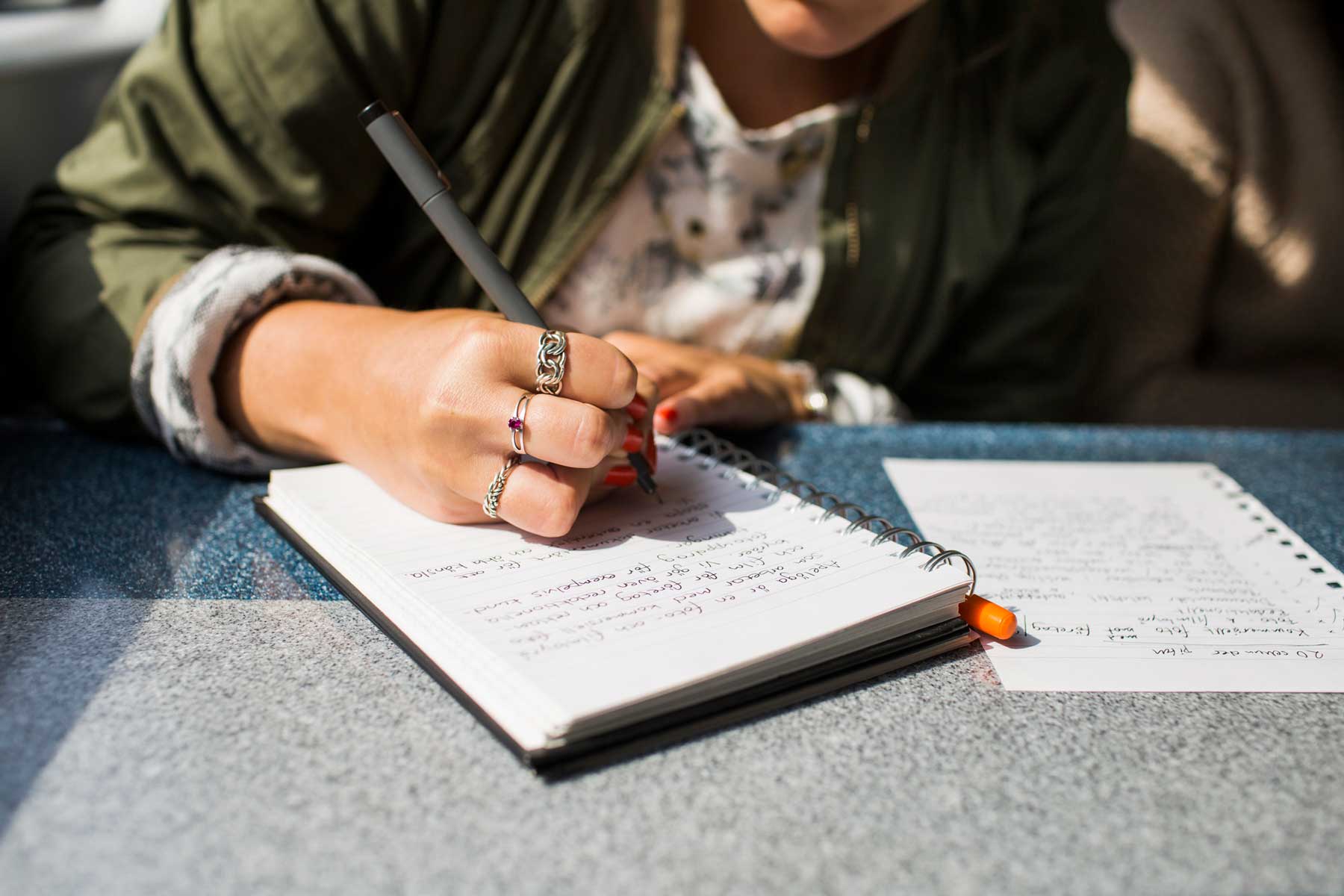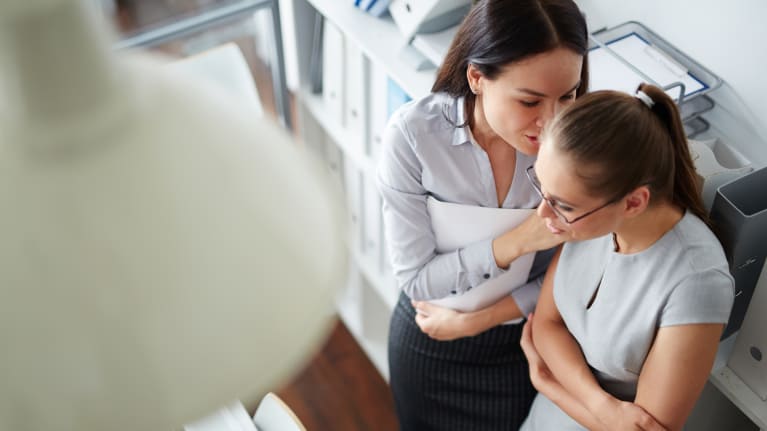You’re not alone if you’re worried about going back to the office on 3 January because of social anxiety.
Since September 2021, when the number of COVID-19 cases in Singapore began to grow, teleworking has been the norm. However, from this year onwards, 50% of employees who have been completely vaccinated or those who have been discharged from COVID-19 will be permitted to return to work.
Many people are feeling uneasy especially since the time is nearing. After long stretches of remote work and just seeing our existing and new colleagues on screen, the prospect of seeing everyone again in person might be daunting.
Fear can manifest itself in a variety of ways depending on the individual. While one may have panic attacks, the other might have recurring nightmares. Continue reading to learn how to lessen anxiety from going back to the office.
Meditate
Mindfulness may be an excellent strategy to cope with anxiety, and even as a panic disorder relaxation treatment. This meditation practice can help you settle your physical and mental aspects by slowing down intrusive thoughts, reducing pessimism, and calming your soul.
You might be shocked at how difficult it is to stay still when you first start meditating. But the idea is to merely monitor the mind rather than to evaluate it. Start with short sessions to develop a feel for the practice. You may then progressively extend your duration once you’ve established a more consistent, comfortable routine. It’s also crucial to meditate in a quiet location where you won’t be disturbed.
Pen it down
The practice of maintaining a log of your own emotions, sensations, and discoveries is known as journaling. Writing or drawing about your emotions has been connected to a reduction in mental anguish. It can undoubtedly assist you in breaking free from the never-ending loop of incessantly pondering and lamenting over the tension of returning to your workplace.
Researchers discovered that persons with varied medical illnesses and anxiety who wrote on the web for 15 minutes 3 times a week for 3 months felt better and had fewer depressive symptoms after a month. Throughout the months of writing, their mental health was strengthened.
Try aromatherapy

Image Credits: unsplash.com
Essential oils extracted from plant parts such as roots, fruits, and flowers are used in aromatherapy for anxiety. There are physiological benefits when such oils are breathed or absorbed via the skin.
Essential oils are available in a wide range of qualities, from pure ones to diluted options with lesser costly substances. As there may be no regulations, the label on the bottle you’re purchasing might not identify all the elements that are in it. Thus, essential oils should not be consumed. Keep in mind also that fragrance or perfume oils are created wholly from chemicals or essential oils blended with chemicals. They’re not appropriate for aromatherapy, so seek bottles containing only 100% essential oils.
Have sufficient sleep
Anxiety is usually linked to sleep disturbances. Excessive anxiety and terror can make it difficult for you to enter dreamland and stay deep asleep. Lack of sleep, unfortunately, can exacerbate anxiousness, resulting in a vicious cycle of sleeplessness and distress problems.
Due to the complex link between anxiety and sleep, obtaining a sufficient amount of shuteye may help you feel less anxious. Quality of sleep encompasses both your sleeping patterns and the surroundings in which you sleep in. Keeping your bed more cozy and reducing sources of sleep disturbances such as light and noise are two ways to enhance proper rest. Excessive caffeine and alcohol should also be avoided after noon, and we shall discuss this further later in the next point.
Limit caffeine and alcohol intake
You may think you need a great deal of coffee to get back in the game, or a glass of wine to bury your tension. However, combining coffee and alcohol may exacerbate anxiety symptoms, as well as have dangerous effects if you are on medication.
Before you realize it, consuming too much coffee in the day might lead to you drinking alcohol at night to mask the caffeine’s impacts on sleep. Even though alcohol may make you doze off faster, it can diminish the sleep patterns your brain needs to operate properly. Alcohol can exacerbate depressive symptoms and make you more prone to drinking in the future. Don’t start such habits!
Stay socially connected

Image Credits: expatliving.sg
According to research, an absence of social interaction poses a higher health risk than obesity, smoking, or high blood pressure. On the other hand, establishing a powerful emotional network increases your chances of living longer by 50%.
Anxiety and despair are lower among those who feel more connected to others. Furthermore, studies suggest that they have better self-esteem, are far more empathetic, trustworthy, and collaborative. This signals that your colleagues will be more receptive to trusting and working with you as a result too.
We are innately sociable beings that stem from a need to be liked and to stay connected with our fellow human beings. One of our most basic needs is social interaction, and it has a significant influence on our emotional stability.









